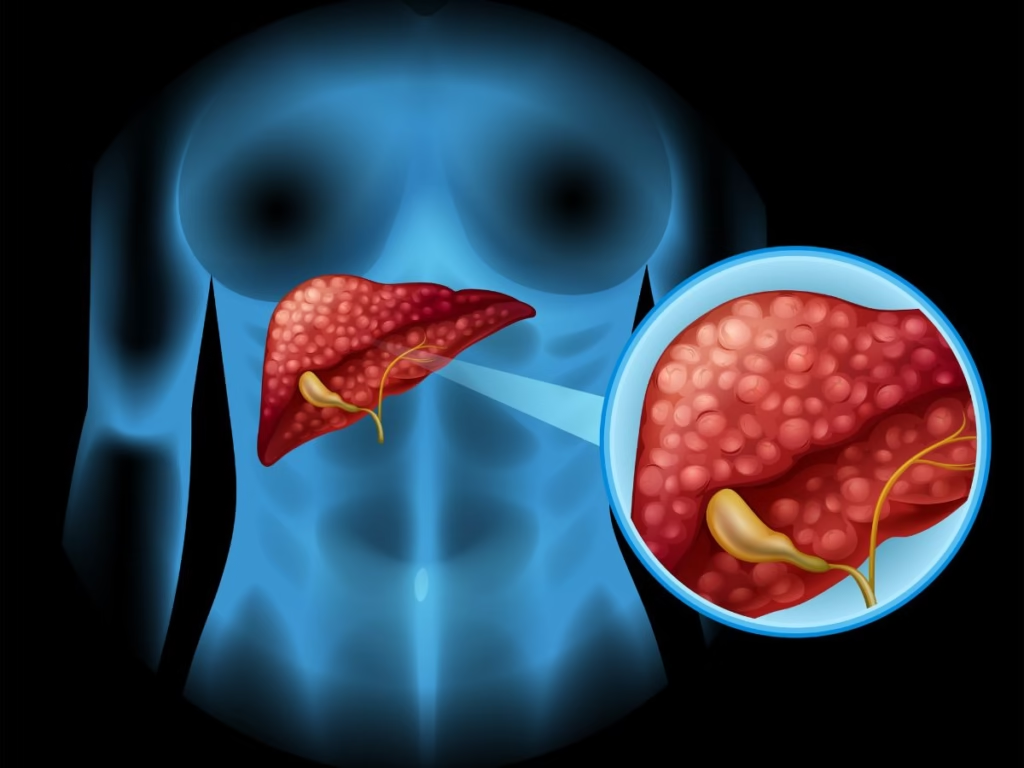Introduction
Liver fibrosis is a severe condition that causes irreversible scarring and damage to the liver. If left untreated, it can progress to cirrhosis or liver failure. In such cases, the most effective and often life-saving option is a liver transplant for fibrosis. India offers world-class transplant centers with advanced care at affordable prices, making it a top destination for international patients seeking quality liver transplant treatment.
What Is Liver Fibrosis?
Liver fibrosis is the stiffening and scarring of liver tissue secondary to chronic liver injury. It is caused by hepatitis B or C, alcohol, fatty liver, or autoimmune conditions. Liver fibrosis inhibits liver function and, without treatment, results in cirrhosis.
Symptoms of Liver Fibrosis
Symptoms can be silent in the early stage. In late stages, patients get fatigued, experience edema of the abdomen, suffer from jaundice (yellow complexion), get confused, and bleed easily due to impaired liver function.
When Is Transplant Indicated?
Liver Transplant is indicated when liver fibrosis continues to progress to end-stage liver disease and no other modality is able to restore liver function. Transplant evaluation in the early stage improves outcomes and survival potential.
Cost of Liver Transplant in India
The price of a liver transplant in India is typically ₹20–₹30 lakhs ($25,000–$35,000), which is significantly lower than in Western nations. This also covers pre-operative evaluation, surgery, hospital stay, and post-operative care.
Best Hospitals for Liver Transplant
Best-of-breed hospitals such as Medanta, Apollo, Max, and Gleneagles Global Hospitals provide world-class transplant facilities. They possess well-equipped modern ICUs, hepatology departments, and well-trained transplant teams.
Expert Liver Transplant Surgeons
India has extremely experienced and internationally qualified transplant surgeons working on complicated cases with superb success rates. Some have done over 500+ liver transplants, both pediatric and adult.
Progress in Surgical Techniques
Modern surgery techniques such as minimally invasive liver transplant, split-liver transplant, and ABO-incompatible procedure are done in India, which leads to safer procedures and quicker healing.
Post-Transplant Recovery Plan
Post-transplant, the care includes ICU recovery, immunosuppression therapy, routine blood tests, and liver function tests. Rest and follow-up for 4–6 weeks are required for patients to heal properly and accept the graft.
Medical Tourism for Liver Treatment
Patients from countries such as Bangladesh, UAE, Kenya, and Nigeria travel to India because of affordability, easy scheduling, visa assistance, and medical facilities of international quality for complicated procedures such as Liver Transplant.
Future of Patients
Under proper care, the recipients of liver transplants live for 15–20 years or more. Lifestyle modification, follow-up, and medication compliance guarantee long survival and better quality of life.
Conclusion
Lastly, a Liver Transplant is usually the only viable treatment for advanced liver fibrosis. India’s competence, cost-effectiveness, and patient-centric facilities render it the worldwide leader in liver transplant treatment. For patients of liver failure, India doesn’t merely provide treatment, but hope.



